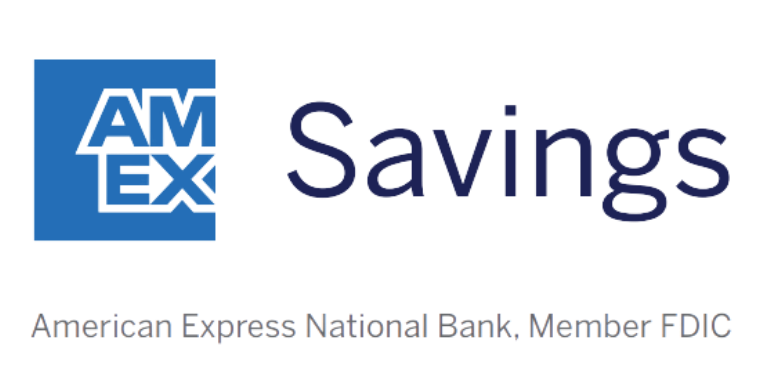There was a period not so long ago when finding a 5% CD wasn’t difficult. Now, it’s a bit harder. And you may find that while you’re able to get close to 5%, that’s the best you can do.
Of course, a 4.75% CD, or something in that ballpark, is nothing to scoff at. I remember when I could barely get 2% out of a CD. By comparison, today’s rates are still pretty high.
Plus, if you shop around, you might do better than 4.75%. Click here for a list of the best CD rates.
But even though CDs are still paying generously, I’m not opening another one this year. Here’s why.
Our Picks for the Best High-Yield Savings Accounts of 2024
|
American Express® High Yield Savings 
APY 4.00%
Rate info
Member FDIC.
|
APY 4.00%
Rate info |
Min. to earn $0 |
|
Capital One 360 Performance Savings 
APY 4.00%
Rate info
Member FDIC.
|
APY 4.00%
Rate info |
Min. to earn $0 |
|
CIT Platinum Savings 
APY 4.70% APY for balances of $5,000 or more
Rate info Min. to earn $100 to open account, $5,000 for max APY
Member FDIC.
|
APY 4.70% APY for balances of $5,000 or more
Rate info |
Min. to earn $100 to open account, $5,000 for max APY |
1. I don’t want to take money out of my emergency fund
I have a pretty solid emergency fund. For most people, three to six months’ worth of bills is enough, but I have closer to a year’s worth of essential bills in savings.
I’m self-employed, which means I don’t get unemployment if I lose all of my clients. Also, my self-employment income can be unpredictable, so I feel more comfortable having a larger cushion.
I could technically get away with transferring some of my emergency fund out of a savings account and into a CD to get a better rate. But that takes away from one of the benefits of a larger emergency fund — peace of mind.
The whole reason I have extra cash tucked away in savings is that I don’t want to stress about an extended period of being out of work. If I move some of that money into a CD for a higher interest rate, sure, I might make a little extra cash. But if I actually need to use that money, I’m going to be stressed about an early withdrawal penalty.
And if I end up taking an early withdrawal penalty, I negate the whole benefit of a CD anyway. So all told, it makes the most sense to keep my entire emergency fund in my savings account.
2. A CD doesn’t align with my financial goals
I aim to not spend my entire paycheck each month and save the difference. And I hope I’ll manage to save a little bit of money in November and December, even though I’m sure I’ll have a host of holiday expenses to cover.
But any money I save in the coming months is money I intend to invest. And that’s a smart move given what I want to use that money for — retirement.
When you’re saving for a goal that’s decades away, like retirement, sticking to CDs could mean losing out on bigger returns, even with rates being as high as they are today. For context, the S&P 500’s average annual return over the past 50 years is 10%.
Say I’m able to save another $500 this year. I could put it into a 12-month, 4.75% CD and earn about $12 in interest. Or, I could put it into a stock portfolio, leave it alone for 20 years, and grow it to about $3,360 if my portfolio gives me a 10% return during that time. That’s a $2,860 profit after subtracting the $500 I’m putting in.
Even if I were to keep renewing a $500 CD at 4.75% for 20 years, I’d only be looking at $1,265, or a profit of $765 when we take out my initial $500 deposit. And that assumes 4.75% CD rates are available for the next 20 years, which is unlikely.
If you have a shorter-term goal you’re saving for, then now’s a good time to open a CD. But if you’re saving for a milestone that’s further away, like retirement, you may want to open a top-rated brokerage account and start investing.
A decision I’m happy with
The idea of opening a CD while rates are still close to 5% is tempting — especially since rates are expected to fall as the Fed continues to make interest rate cuts. But a CD just doesn’t make sense due to my financial circumstances and goals.
If you’re in a similar boat, I’d suggest leaving your emergency fund tucked safely away in a savings account, and investing your money for long-term goals rather than limiting yourself to a CD.
